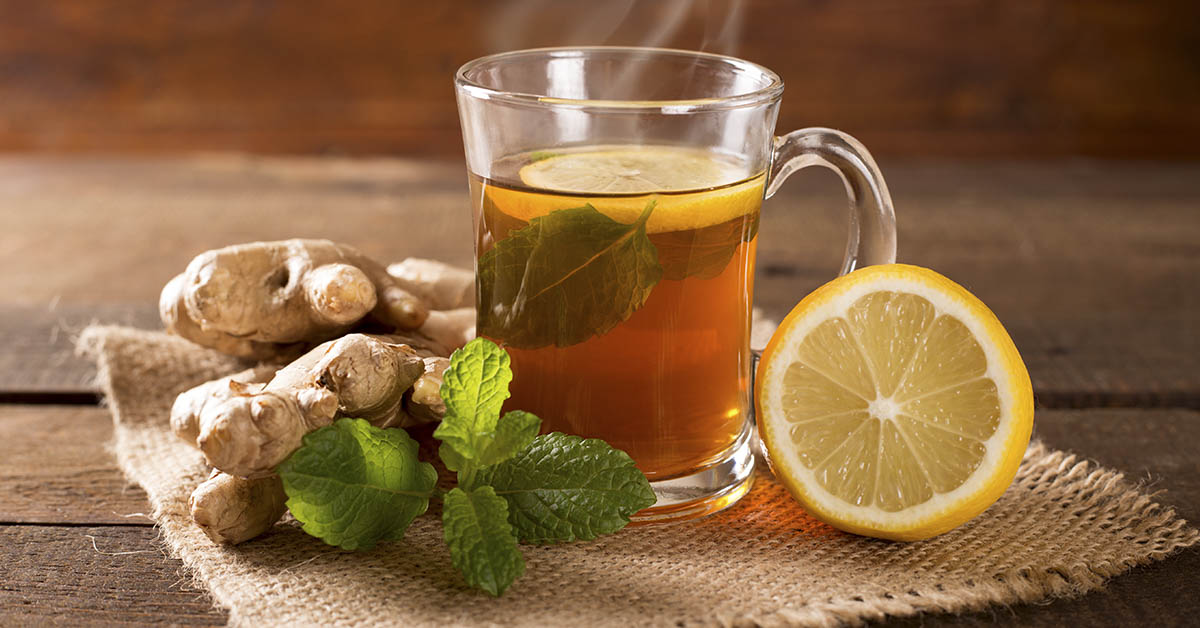Introduction
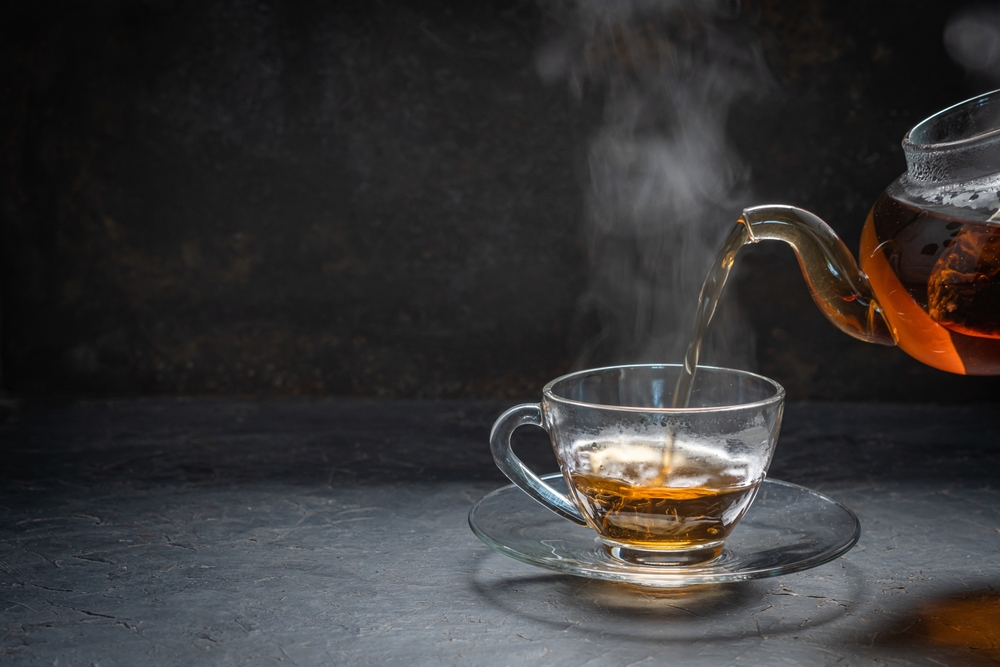
Did you know that inflammation can be both a friend and a foe? It’s true! While acute inflammation helps heal injuries and fight infections, chronic inflammation can lead to serious health issues. According to a study published in Nature, chronic inflammation is linked to conditions like heart disease, diabetes, and even certain cancers. That’s quite alarming, isn’t it? Fortunately, one of the simplest ways to combat chronic inflammation is by enjoying a warm cup of anti-inflammatory tea. Picture this: you take a moment out of your busy day to sip on turmeric tea, feeling its warmth spread through you while knowing it’s working wonders for your health. Let’s explore these seven powerful teas and see how they can help reduce inflammation and boost your productivity along the way!
1. Green Tea
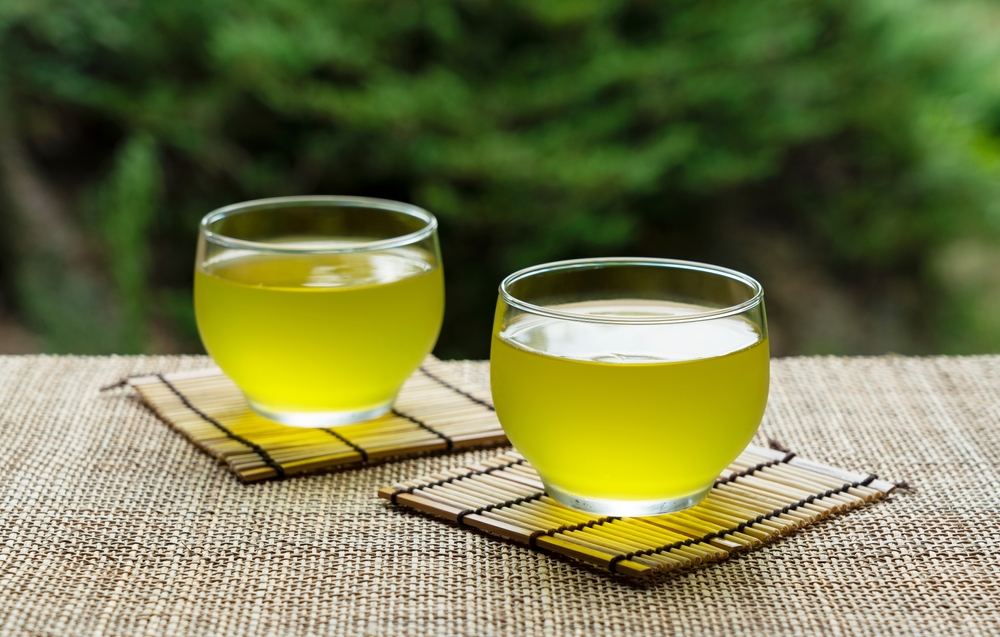
- Rich in Antioxidants: Contains catechins, powerful compounds that fight inflammation.
- Benefits for Digestive Health: May alleviate symptoms of Crohn’s Disease and Ulcerative Colitis.
- Heart Health: Studies suggest it can reduce the risk of heart disease.
Green tea is my go-to drink when I need a little pick-me-up. Just the other day, I brewed a cup and felt an instant lift. The gentle caffeine gives me the boost I need without the jitters, making it perfect for those late afternoons when my energy dips. Plus, knowing that those polyphenols are actively working to reduce inflammation adds to the feel-good factor!
2. Turmeric Tea
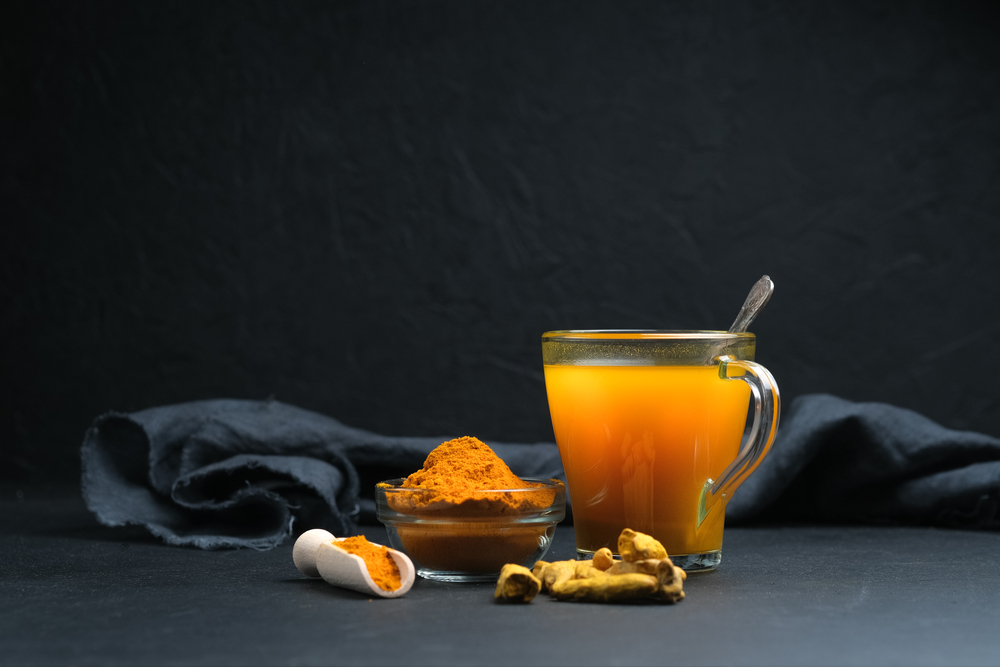
- Active Ingredient: Curcumin is known for its anti-inflammatory properties.
- Supports Joint Health: Can help alleviate symptoms of arthritis and muscle soreness.
- Enhanced Absorption: Adding black pepper increases curcumin absorption.
Turmeric tea has become my secret weapon for recovery after a workout. The vibrant yellow hue and earthy taste make it so enjoyable. I often mix it with a pinch of black pepper and a splash of almond milk. After a challenging session at the gym, I sip on this tea, and I swear it helps reduce the soreness I usually experience. It’s a perfect way to refuel my body!
3. Ginger Tea
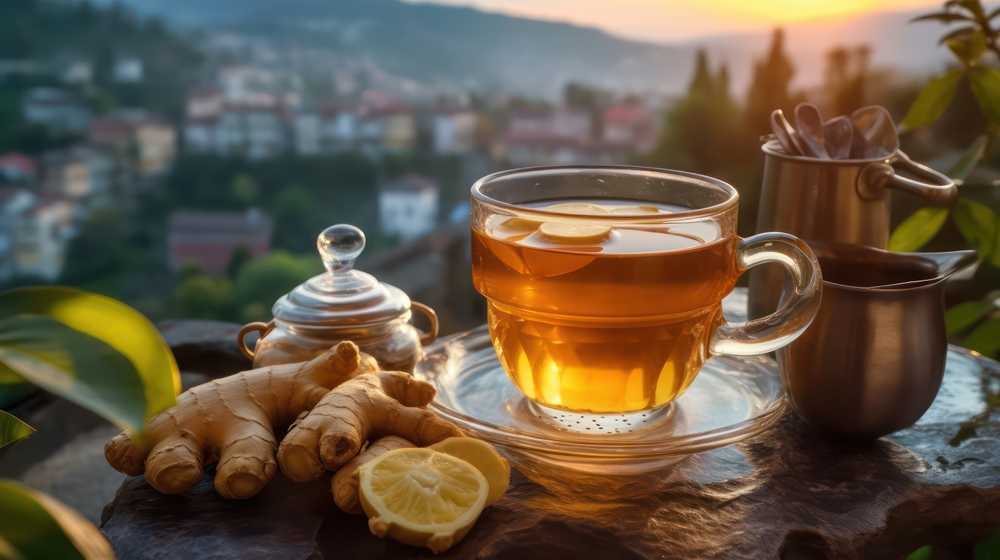
- Antioxidant Powerhouse: Reduces inflammatory cytokines in the body.
- Soothing Effects: Great for digestive health and alleviating gastric stress.
- Easy to Prepare: Just steep sliced ginger in hot water for a warming drink.
Ginger tea is like a warm hug in a cup. I remember feeling under the weather once and ginger tea was my lifeline. Not only did it warm me up, but it also settled my stomach. I’ve started brewing it every morning. It’s a fantastic way to kickstart my day, providing not just comfort but also clarity and focus.
4. Fennel Tea
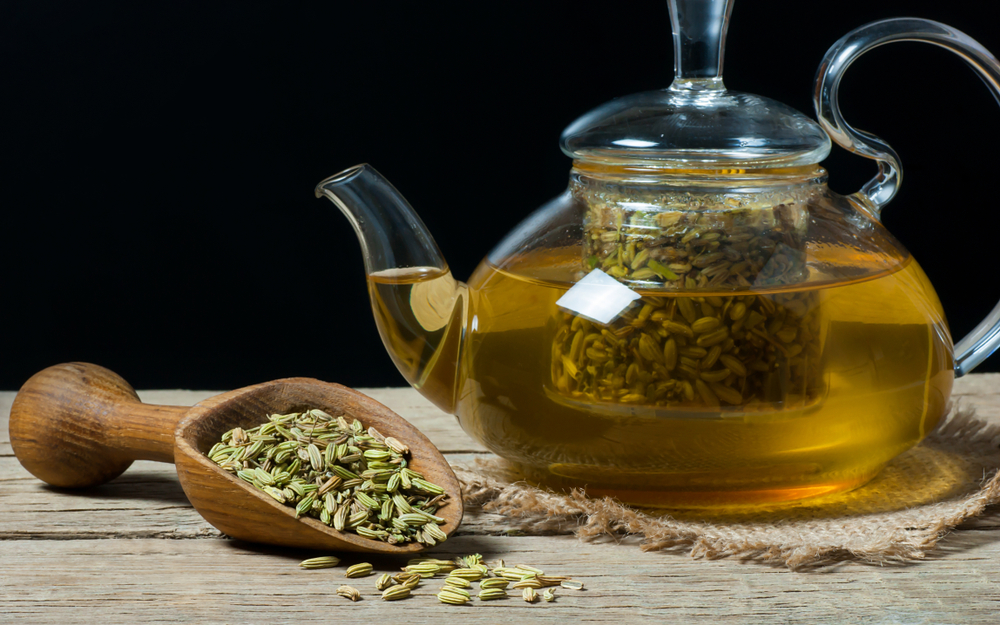
- Digestive Aid: Known for reducing bloating and other digestive discomforts.
- Phenolic Compounds: Helps alleviate menstrual pain and inflammation.
- Unique Flavor: Anise-like taste adds a refreshing twist to your tea routine.
Fennel tea is a delightful surprise in my tea collection. I often enjoy it after meals, and it’s incredible how it helps settle my stomach. It also has a unique flavor that I find refreshing. On days when I’ve overindulged, this tea helps me feel lighter and more focused, so I can dive back into my tasks without feeling sluggish.
5. Tart Cherry Tea
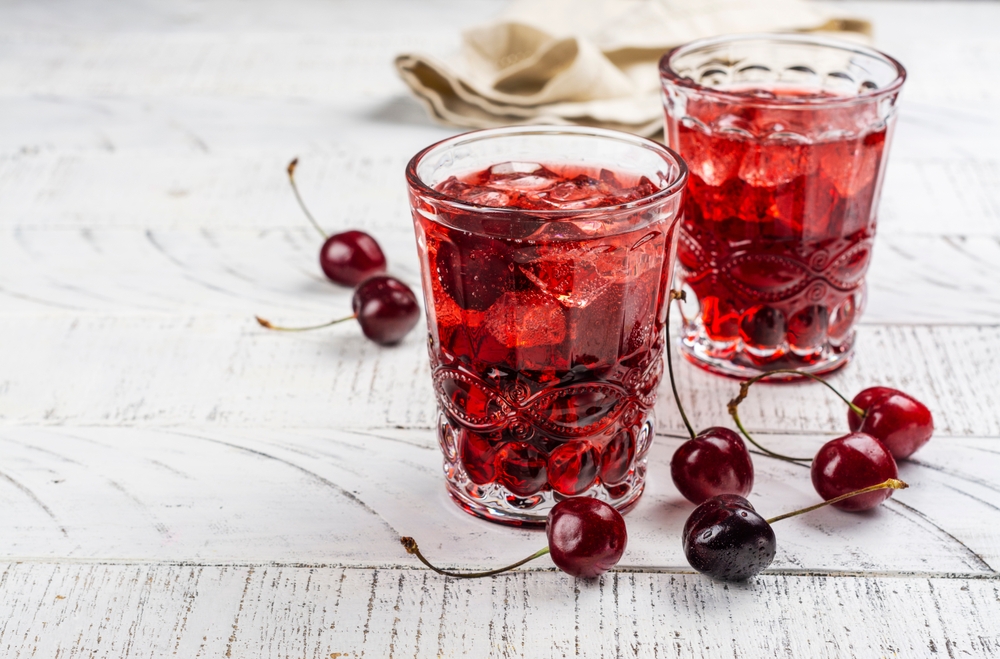
- Rich in Antioxidants: Contains anthocyanins, which help reduce joint inflammation.
- Post-Workout Recovery: Excellent for reducing muscle soreness.
- Supports Sleep: Natural melatonin can improve sleep quality.
Tart cherry tea has recently made its way into my nightly routine. After hearing about its benefits for sleep and recovery, I decided to give it a shot. The first night I tried it, I was amazed at how well I slept. It’s become a soothing end to my day, ensuring I wake up refreshed and ready to tackle whatever challenges come my way.
6. Rose Hip Tea
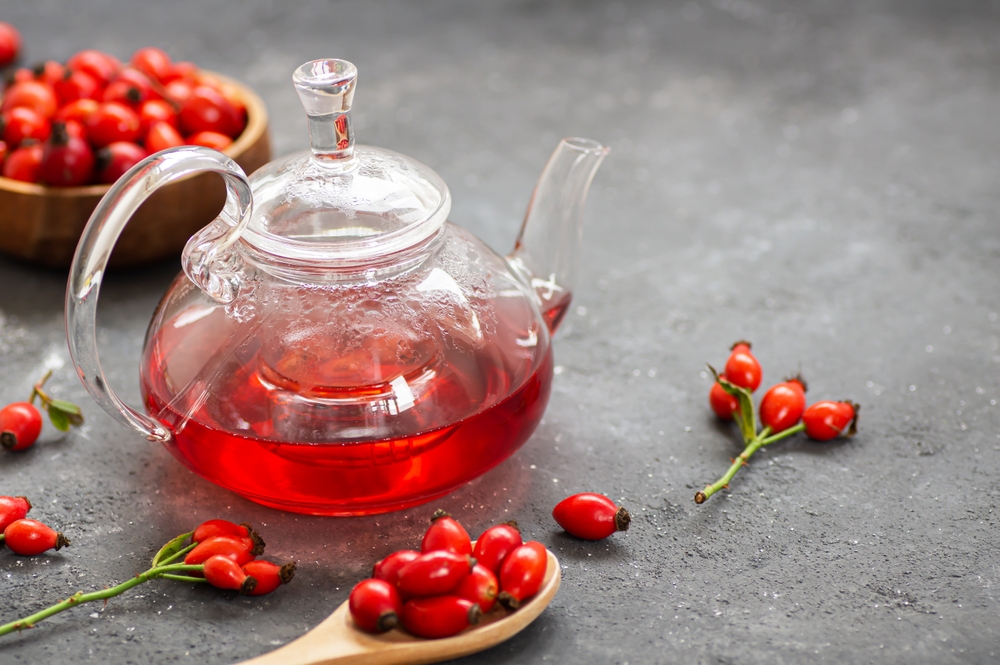
- High in Antioxidants: Contains vitamin C and anti-inflammatory compounds.
- Joint Pain Relief: Particularly beneficial for those with rheumatoid arthritis.
- Flavorful and Fruity: The natural sweetness makes it a delightful option.
Rose hip tea is like a sip of sunshine! The fruity flavor brightens my day and brings a smile to my face. I find it especially helpful on gloomy days when I need a mood boost. Plus, the antioxidants do wonders for my joints, which is particularly useful after long hours spent at my desk.
7. Holy Basil (Tulsi) Tea
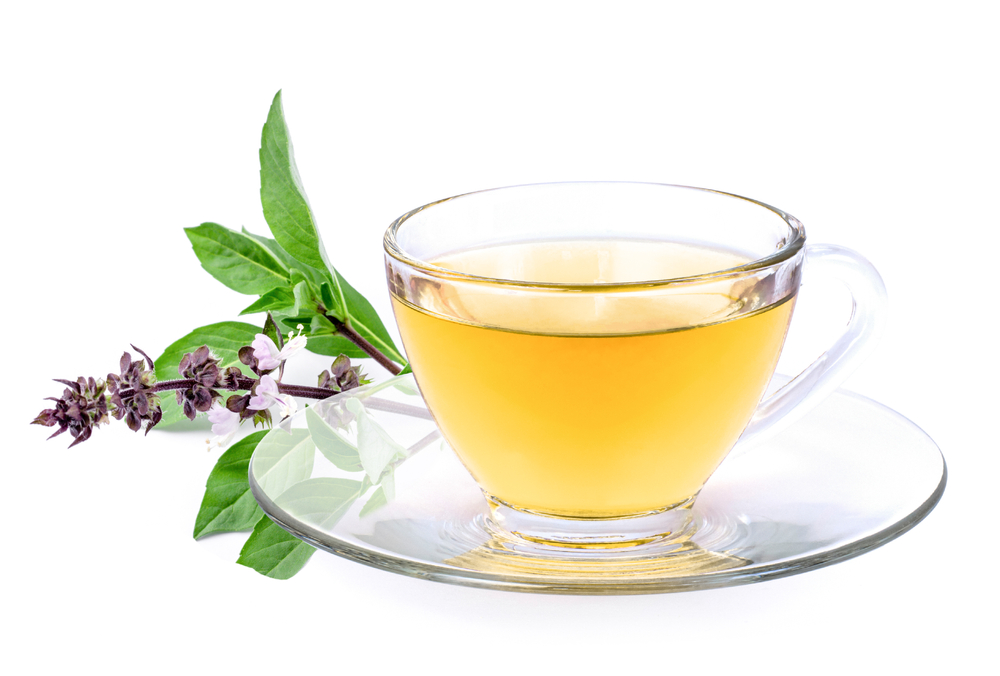
- Adaptogenic Properties: Helps the body cope with stress, which can trigger inflammation.
- Promotes Overall Wellness: Supports heart health and immune function.
- Flavor Profile: Offers a unique blend of sweet and spicy notes.
Holy basil tea has become a staple in my stress management toolkit. Whenever I feel overwhelmed, I brew a cup and take a moment to breathe. The calming aroma and taste help center me, allowing me to refocus and increase my productivity. It’s not just about reducing inflammation; it’s about nurturing a mindset that thrives!
Anti-Inflammatory Tea Tips
To maximize the benefits of these teas, I recommend opting for loose-leaf varieties when possible; they often contain higher concentrations of beneficial compounds. Always pay attention to steeping times and water temperatures to ensure the best flavor and health benefits. And remember to consult with your doctor, especially if you’re taking medication, to avoid any potential interactions.
Conclusion
Incorporating these seven anti-inflammatory teas into your daily routine can be both a delightful and effective way to reduce inflammation while enhancing your overall health and productivity. Each cup offers a moment of pause amidst the hustle and bustle, allowing you to recharge and refocus. So, why not brew a cup today? Not only will your body thank you, but your mind will feel clearer and ready to tackle your day!
Disclaimer: The information provided in this article is for educational purposes only and is not intended as medical advice. While the teas mentioned may have anti-inflammatory properties and potential health benefits, individual results may vary. Always consult with a healthcare professional before making significant changes to your diet or health regimen, especially if you have underlying health conditions or are taking medication. The author and publisher of this content are not liable for any adverse effects or consequences resulting from the use of any suggestions or information contained herein.

